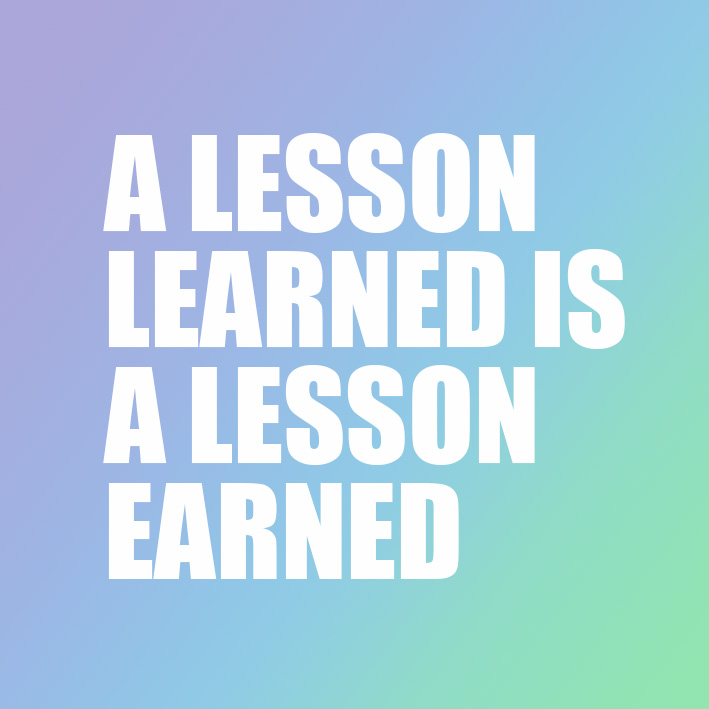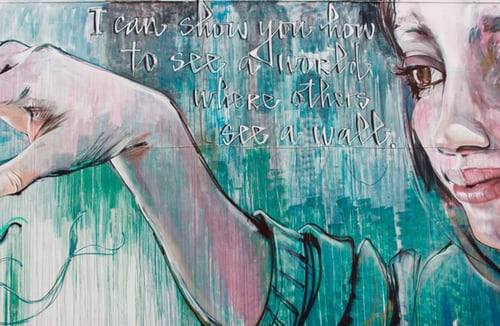Coronavirus came at us very unexpectedly. The situation is still very uncertain and unpredictable. Many people have already experienced the effects of the virus, either by the virus itself or by the restrictions regarding the virus. Many of us are fearing the future, the unknown. For many people, this is a very anxious time, which is very understandable. However, in this article I would like to introduce a slightly different angle of the Covid-19.
All over the media, we hear words like “isolation”, “quarantine”, and “restricted- movements”. Those words themselves can cause lots of anxiety and panic. But what exactly it means to self- isolation or quarantine? Is there a difference?
THE DIFFERENCE BETWEEN ISOLATION, QUARANTINE, AND RESTRICTED MOVEMENTS
It is important to note that isolation and quarantine are public health practices used to stop or limit the spread of disease/ virus.
Isolation means staying indoors and completely avoiding contact with other people. It is used to separate ill individuals who have a communicable disease from those who are healthy. Isolation restricts the movement of ill persons to help stop the spread of certain diseases. For example, hospitals use isolation for patients with infectious tuberculosis.
Quarantine is used to separate and restrict the movement of good persons who may have been exposed to a communicable disease to see if they become ill. These people may have been exposed to a disease and do not know it, or they may have the disease but do not show symptoms. The quarantine can also help limit the spread of communicable diseases.
Restricted movements mean avoiding contact with other people and social situations as much as possible. It is sometimes referred to as self-quarantine.
Isolation and quarantine are used to protect the public by preventing exposure to infected persons or to persons who may be infected.
COVID-19 AND THE CHANGES
When we think of the Coronavirus and the changes that are brought with it, we don’t feel comfortable, the anxiety takes over our emotions, we are concern about our family, society, the world. We feel lost and uncertain regarding the future, the jobs, the health, and the financial aspects of our lives. Many of us are losing our sense of self. Many people lost their jobs, but also their roles that come with it. People who perceived themselves only by the prism of their roles, when they lost their jobs they lost part of their identity. That can be crucial for their further well-being.
Identity refer to concepts about who the person is and what the person is like. Identity can be analysed as consisting of an interpersonal aspect (a set of roles and relationships), a potentiality aspect (a concept of who the person might become), and a values aspect (a set of values and priorities) (Baumeister, 1986).
All over the media and the news, all we hear is the statistic, the negative impact of the Covid-19. However, I am a huge believer that everything is happening for a reason, even though something at the beginning doesn’t look good, eventually, it will turn into a positive thing.
LIFE BEFORE COVID-19
Let’s take a look at our lives before the epidemic… people were busy all the time. We all were working long hours, we were rushing to accomplish one thing after another. None of us stopped. People were constantly on the go. We made plans ahead, we focused so much about earning the money, and then we were complaining about the lack of time. Rather than living together with people who love us and care about us we were living beside them. The majority of us neglected our own health. Lots of people didn’t care about the Earth and the ecology. In all this madness of busyness we forgot to live, we forgot about ourselves, we lost the sense of who we are and what our needs are. Ironically, that’s a fundamental question of our existence.
People became very lonely and very individual in what they were doing. At the same time, forgetting one basic principle: people cannot live as a separate entity. We all need each other. For every system that we have created, we need another person for that system to work.

A LESSON FROM COVID-19
How about looking at the Coronavirus as a lesson? Maybe it is doing us more good than the bad? What if the virus tries to convey some message to us, regarding our lifestyles and about ourselves as people, as a population? We can definitely learn or at least consider some of the following points:
- Our family and home life are very important. The relationships that we have in our life are playing a significant role.
- Our health is precious, we need to look after it more.
- Our life matters.
- The purpose of our life is to help others.
- We are all equal, regardless of our culture, religion, occupation, financial situation.
- We are all connected, and something that affects one person has an effect on another.
- The power of free will is in our hands. We can choose to cooperate and to help each other or be the opposite.
- We need to revisit our value system.
- We can control our behavior. We can be patient, or we can panic. We can understand that this type of situation has happened many times before in history and will pass. OR we can panic and see it as the end of the world.
- We can learn from our mistakes. We can reflect on and understand our mistakes.
- We need to look after the Earth. We need to look at the deforestation. We are sick because our home is sick.
- Life is cyclical. After every difficulty, there is always ease. This is just a phase in this great cycle.
References:
Baumeister, R. F. (1986). Identity: Cultural change and the struggle for self New York: Oxford University Press.

